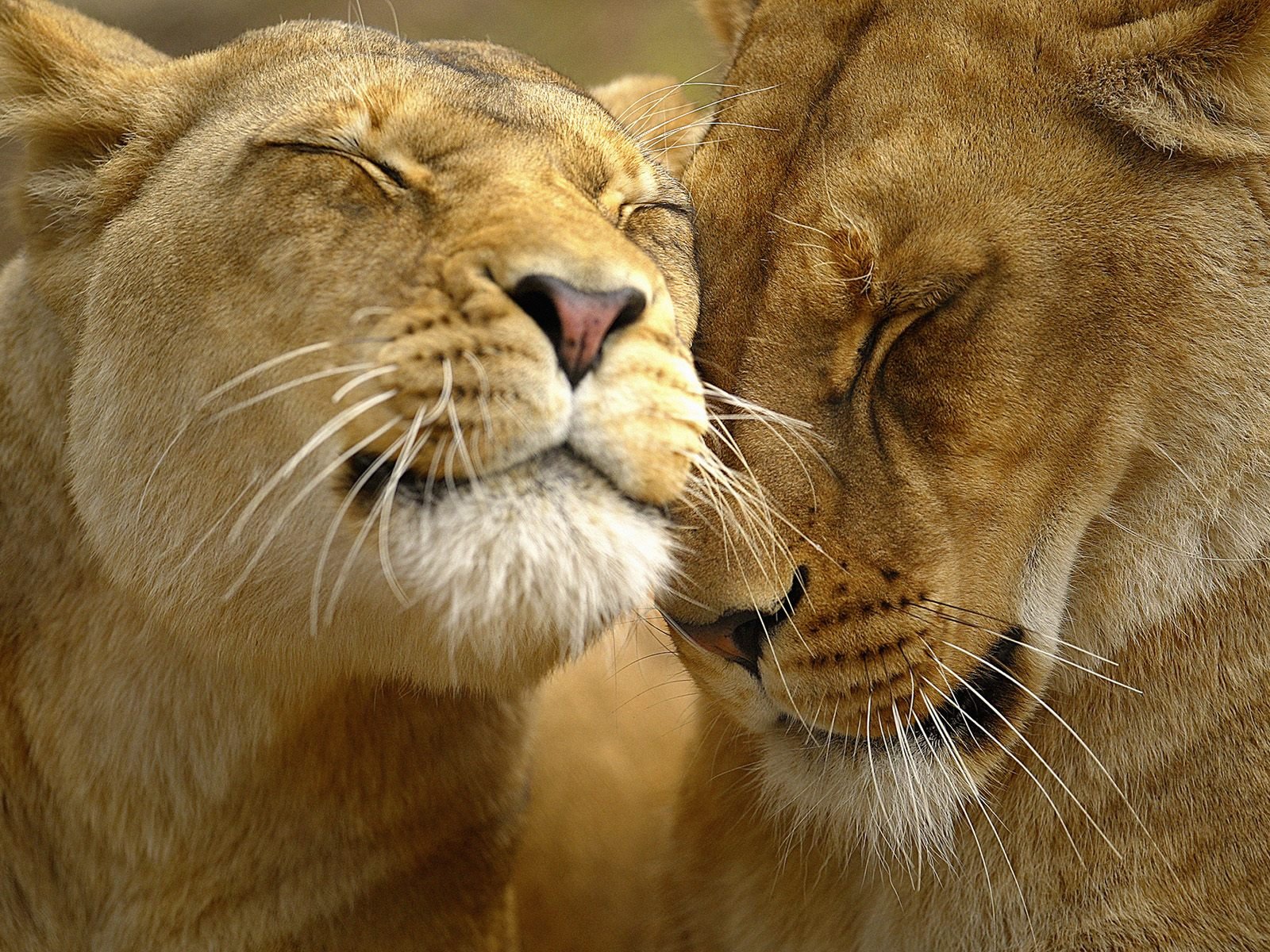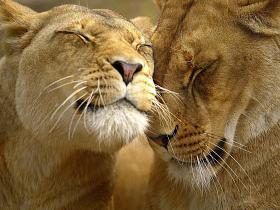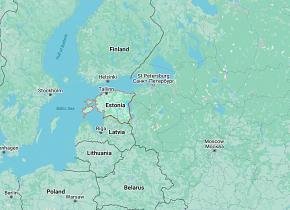Humans slaughter Lions for Sport
Some have the stomach for it. Some don’t. But hunting has unquestionably become a very popular “sport†around the world for a very special breed of person – the adventurous high spender.
“Mostly it’s middle-aged men,†said the voice on the other side of the phone at the T. Jeffrey Safari Company in Tucson, Arizona.
“We used to have a lot of entrepreneurs…people that were builders, in real estate and other entrepreneurial things. But that’s really slowed down a lot since the 2008 crisis. Now we have a lot of folks that are retired. They have special pensions, maybe investments [to cash in]. Sometimes retired pops, firefighters, teachers.â€
But the fat, he said, comes from the “real high-end, very well-off lifestyles…â€
There are “some families too,†he said.
“We do have quite a few wives that come along and they like to hunt with [their husbands]. We’ve even done hunts for women only, where it was groups of women together. We call them women in the wild,†he said, laughing, as he recalled a group “with a 20 something year old college graduate and a 75 year old woman all in one trip.â€
“Jesus,†I told him. “That’s amazing. I’d never have the balls to pull something like that off.â€
***********
Hunting has been tied to our existence as a species since the beginning of time. But unlike the age of our nomadic ancestors, hunting today is not about the survival of the fittest or the securing of food sources, but rather the pleasure of the “nobleâ€. And lately, it is the hunting of lions in South Africa that has spurred international outrage.
CANNED HUNTING FARMS OF SOUTH AFRICA
In South Africa, more and more lions are being grown in Canned Hunting Farms –enclosed areas where cubs are taken from their mother shortly after birth and are grown by humans to be placed on display to be petted and handled by gawking tourists. A June 2010 video by Four Paws revealed that raising these lions in such unnatural living conditions leads to “ ill health and behavioural problems†in the lions.
Once they are between four to seven years old, these lions are then transferred to gaming grounds to be purchased and shot at an average rate of 1000 per year by affluent tourists with an itchy finger. A male lion with a Majestic Mane can run up to 50,000 euros, depending on how thick and lustrous the Mane is, while females and cubs can cost up to 5,000 euros. Lions hunted under these conditions are ironically considered “Trophy Lions†– their skin being kept as the trophy.
There are an estimated 160 of these farms in South Africa with the majority operating in the provinces of Free State, North West and Limpopo. And the number of these horrific farms is on the rise: between 2002 and 2008, the number of lions held in Canned Hunting Farms increased by 250%.
The National Environment Agency in South Africa estimated that in 2006 there were only 322 lions shot; by 2007, there were over 700. The South African Predator Breeder Association estimates that in 2008 there were over 1,050 lions shot in total.
Additionally, according to Four Paws, a hunting license “isn’t usually necessary,†resulting in agonizing pain for lions that need to be shot many times by inexperienced hunters in order to die.
The representative from T. Jeffrey Safari Company said that although “most of [his clients] are people that have hunted before in North America,†they don’t need to have a license on this side to book the trip.
“It’s when they get to their country of destination that they need a license…Where the hunting actually takes place.â€
Then he assured me that applicants need not worry about it, for T. Jeffrey’s handles “the whole process for them,†which consists of “basically giving your personal information and paying a fee,†at the end of which you’ll receive the license with no training necessary.
“For most of my hunts,†he said, “the fee for the license is included in the price of the hunt – usually very cheap – 50 or 100 bucks.†On average, a trip can cost between 7,000 and 10,000 dollars at T. Jeffrey’s. However, he assured me that while some of the lions his clients hunted were “in very large enclosures†as opposed to the wild, he “didn’t book canned hunts.â€
“Noooooooooo,†he said. “I don’t know anybody that runs canned hunts…A canned hunt is where they basically have the lion in a very small enclosure and they release it the day of the hunt and chase it down and shoot it…I don’t book those hunts,†he told me, sounding almost insulted at the fact that I had mentioned it.
But others do know of it. And as mentioned above, the number of Canned Hunting farms is on the rise thanks to the demand for Lion Bones for bogus sex-potions manufactured in many Asian countries and sold world-wide to men desperately trying to jump-start their own dysfunctional toys.
PEDDLING SEX WITH LION CARCASSES
On Thursday August 9, 2012 Avaaz began its second phase of a campaign directed at South African President Jacob Zuma, asking him to put a ban on the exportation of Lion Bones. The first phase was on June 27 of this year when they sent him a petition with 697,011 signatures from around the world asking him to ban this inhumane trade.
According to an Avaaz Press Release, most of the bones being exported are coming from lions hunted in Canned Hunting Farms, but with a growing demand, there are fears that wild lions will also come under fire.
Jamie Choi, Campaign Director for Avaaz, told me in an email that “according to the [Convention on International Trade in Endangered Species of Wild Fauna and Flora] (CITES) and confirmed by South Africa Environment Minister [Edna Molewa], lion carcass exports have increased by 250% between 2009 and 2010 – with over 300 lion carcasses exported to Lao and Vietnam in 2010.â€
Advocacy Organization LionAid has estimated that a full lion skeleton goes for around R24,000 to R40,000 in the market (between $3,000 and $5,000 USD).
“Other unconfirmed figures put their value in excess of $10,000 USD in some Asian countries,†said Choi. “This makes the lion bone trade an extremely lucrative market for the small group of South Africans involved in the business – enough to even make wild lions the targets of poaching attacks.â€
Currently there are just over 20,000 wild lions left in the whole of Africa, down from 200,000 in the 1970s. “In South Africa, there are now only an estimated 2,200 lions in the wild, most of them in Kruger National Park,†Choi told me.
“At this rate, many conservationists believe lions could be next in line for extinction, behind the tigers and the rhinos.â€
The reason for the second phase of the campaign, which is an Ad Campaign displaying hard-hitting ads in “Johannesburg Airport’s International Arrival Hall, South African Airway’s in-flight magazine, and key Google search engines,†is the lack of response from either President Zuman’s office or from the office of the Minister of Water and Environmental Affairs.
“Earlier this week we sent a letter via email and fax informing President Zuma and Minister Molewa about the launch of our ad campaign and have followed up with phone calls,†said Choi. “We are yet to receive an official response from their offices.â€
The Ad Campaign wants to draw attention to these issues from the tourist industry, which looks to take a hard hit if more information like ads, articles and world-wide campaigns continue to shed light on these dark, atavistic practices.
For their part, the 2009 South African Minister of Water and Environmental Affairs said in an official document in that same year, answering a question posed by the Secretary to Parliament, that:
“The department regards canned hunting as a reprehensible practice and the judgment will ensure that this practice will indeed come to an end.â€
Moreover, under Section 57(1) of the National Environmental Management: Biodiversity Act, No. 10 of 2004, it is stipulated that a person may not hunt “without a permit issued in terms of Chapter 7 of the Act.â€
The Arbitrage Magazine has contacted the Office of the South Africa Minister of Water and Environmental Affairs asking what has been done to put a stop to the canned hunting farms since 2009 and what kind of controls there are for the issuance of licenses. We are still awaiting a response.
**************
There are many organizations out there like Four-Paws and Avaaz, to name a couple, that have begun petitions to gather community support in an attempt to stop this brutal “sportâ€.
I’d like to think that what awaits South Africa is very much in the hands of the government of that country: whether to continue being a renowned place of wild-life and exotic beauty, or to become known as the place where rich dingbats with little to no experience shooting a gun can go and murder defenseless lions trapped in a cage…and call themselves Hunters.
However, many fear that the world-wide desire to have huge penises – and to swallow whatever hope someone sells you in a potion promising to engorge that shy member – and the huge profits generated, may prove more powerful than conserving a truly Majestic Creature alive.
Comments
There are 0 comments on this post














